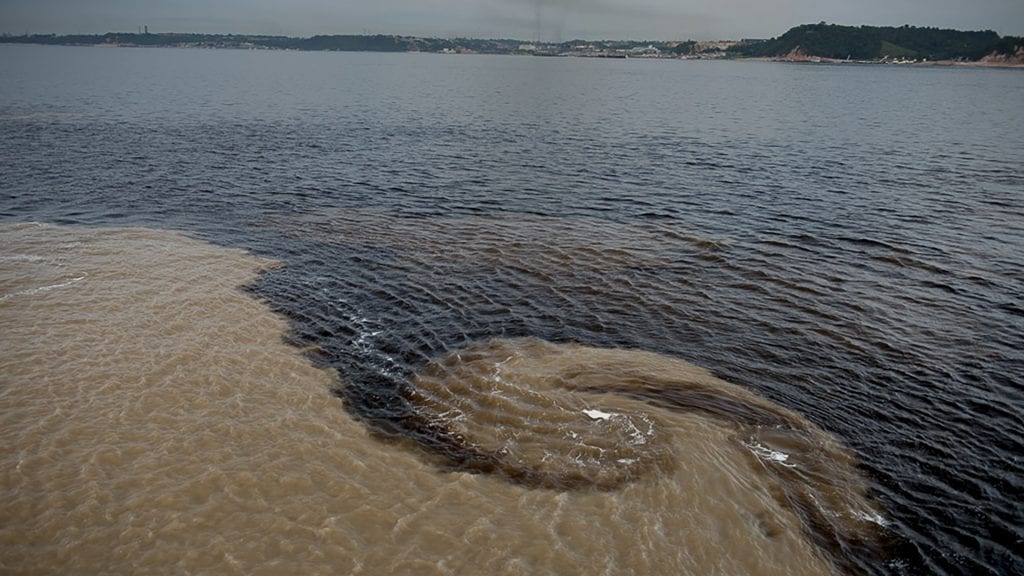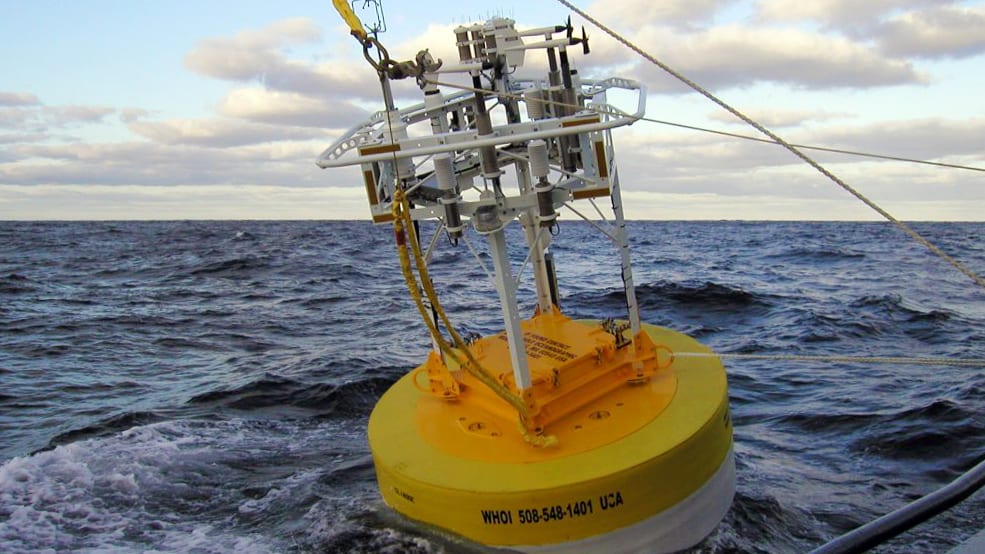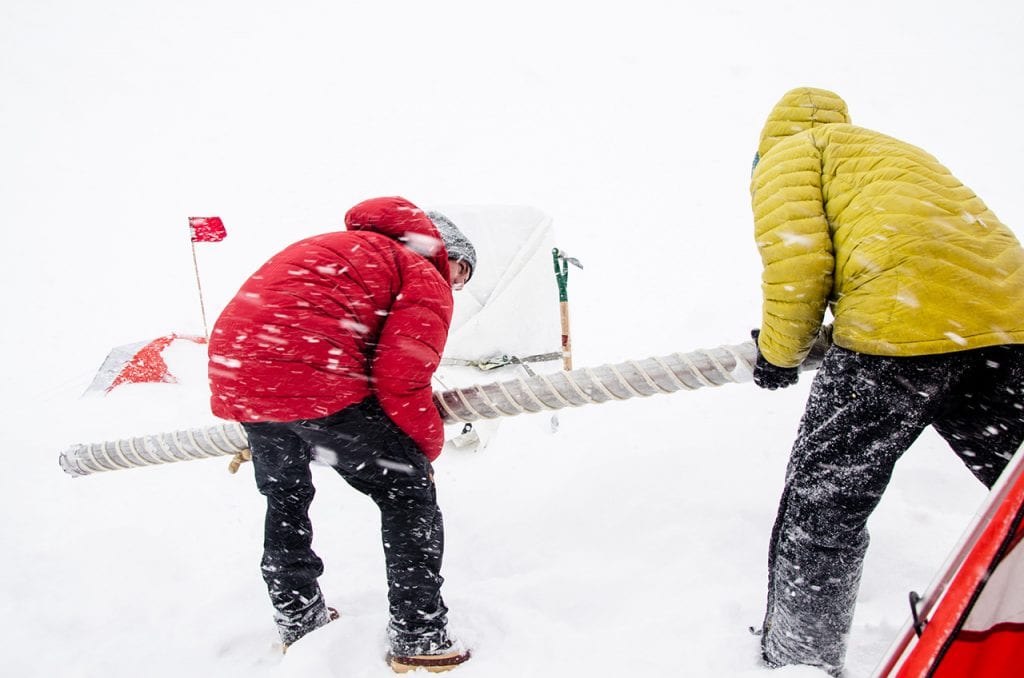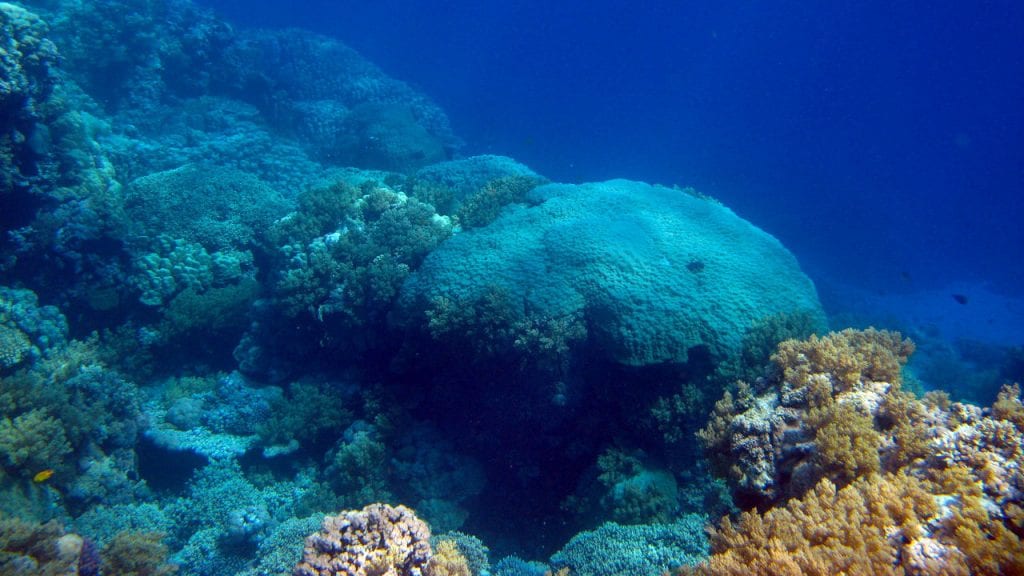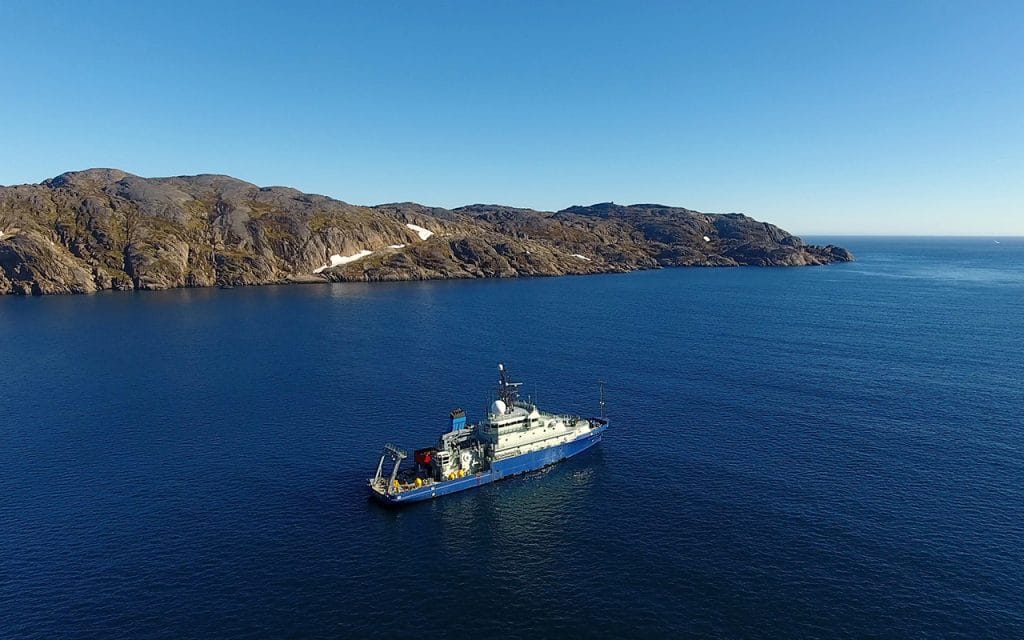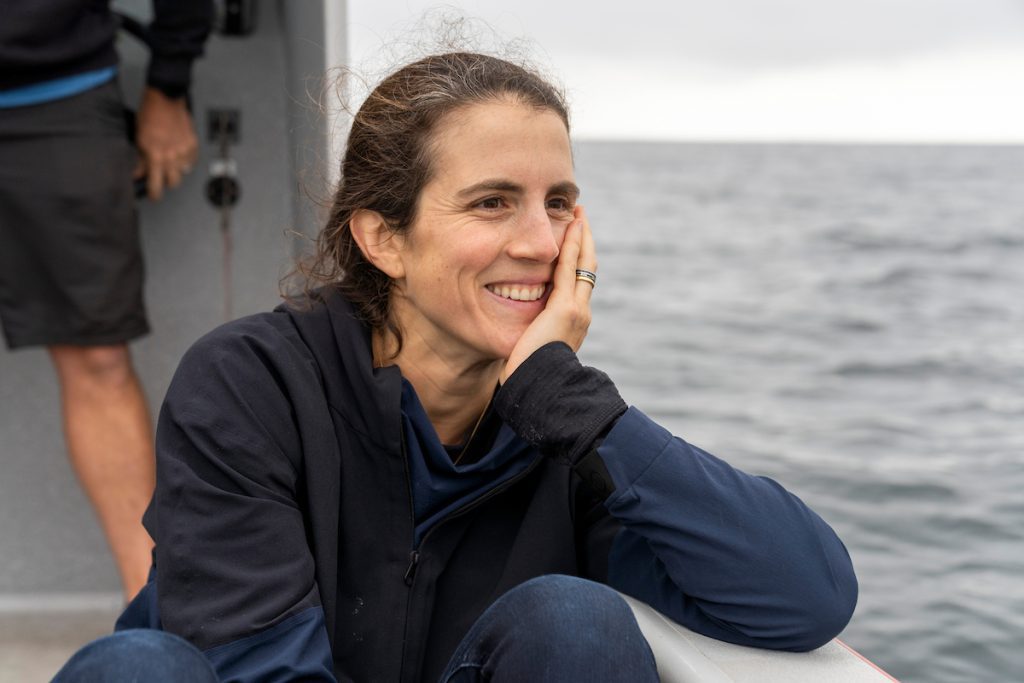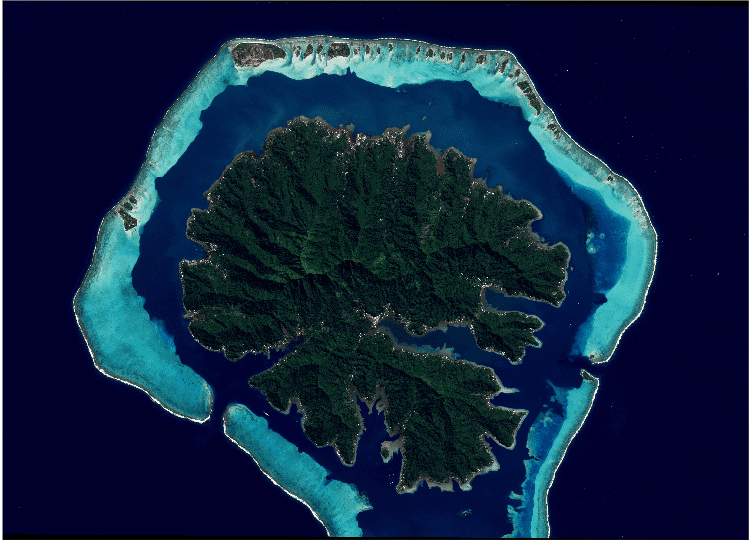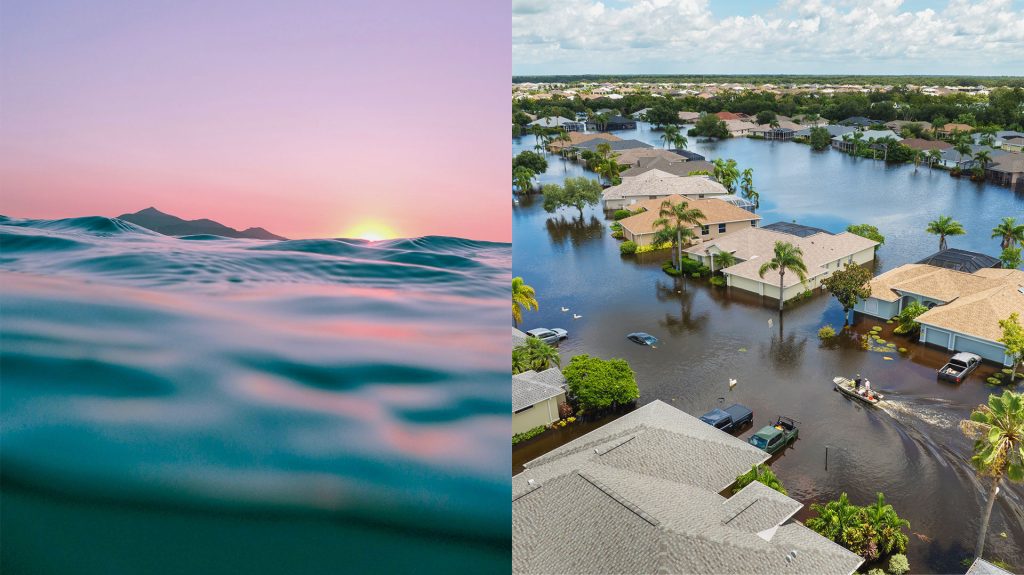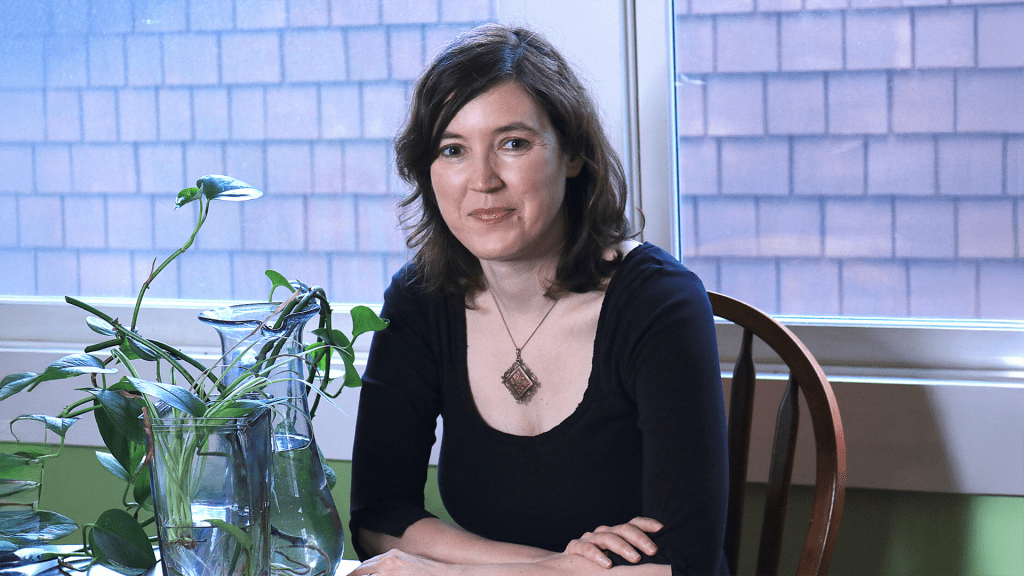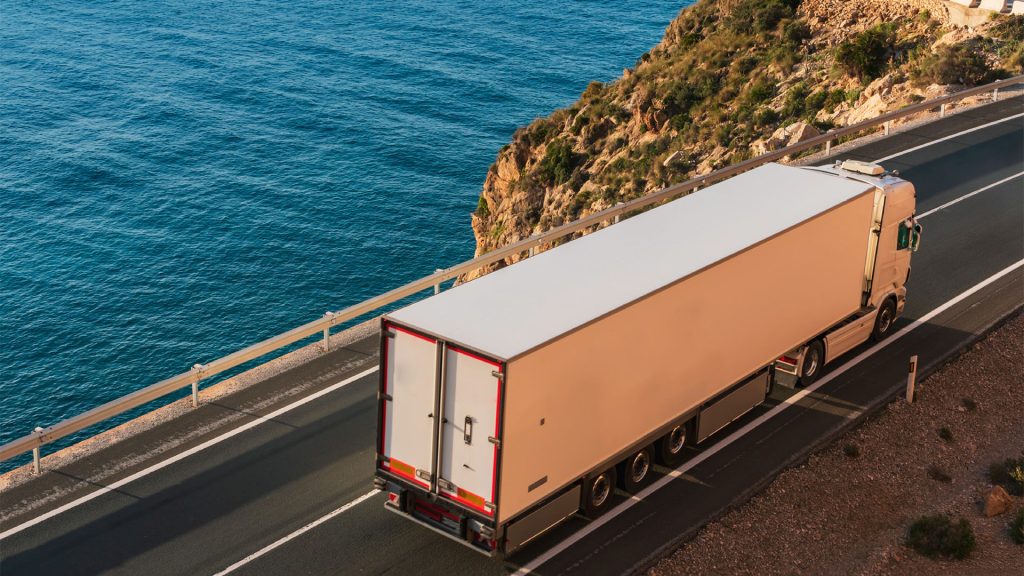Raising Awareness
News
NEWS RELEASES
Organic Carbon Hides in Sediments, Keeping Oxygen in Atmosphere
A new study from researchers at the Woods Hole Oceanographic Institution (WHOI) and Harvard University may help settle a long-standing question—how small amounts of organic carbon become locked away in rock and sediments, preventing it from decomposing. Knowing exactly how that process occurs could help explain why the mixture of gases in the atmosphere has remained stable for so long, says lead author Jordon Hemingway, a postdoctoral researcher at Harvard and former student at WHOI….
NOAA Names Woods Hole Oceanographic Institution to Host Cooperative Institute
The National Oceanic and Atmospheric Administration (NOAA) selected Woods Hole Oceanographic Institution (WHOI) to host NOAA’s Cooperative Institute for the North Atlantic Region (CINAR). Cooperative Institutes are NOAA-supported, non-federal organizations that have established outstanding research and education programs in one or more areas that are relevant to the NOAA mission. Cooperative Institutes’ expertise and facilities add significantly to NOAA’s capabilities, and their structure and legal framework facilitate rapid and efficient mobilization of those resources to…
North Atlantic Ocean productivity has dropped 10 percent during industrial era
Scientists at MIT, Woods Hole Oceanographic Institution (WHOI), and elsewhere have found evidence that phytoplankton’s productivity is declining steadily in the North Atlantic, one of the world’s most productive marine basins.
Corals in the Red Sea Offer Long-term View of South Asian Monsoon
Using chemical data from corals in the Red Sea, WHOI scientists reconstructed nearly three centuries of wind data that provided a definitive, natural record of the monsoon’s intensity. The finding, published online March 28 in the journal Geophysical Research Letters, show that monsoon winds have indeed increased over the past centuries.
Waters West of Europe Drive Ocean Overturning, Key for Regulating Climate
In the Atlantic MOC, warm, salty, shallow waters are carried northward from the tropics by currents and wind, and then converted into colder, fresher, deep waters that return southward through the Iceland and Irminger basins. In a departure from the prevailing scientific view, the study shows that most of the conversion from warm to cold water – or ‘overturning’ and its month-to-month variability – is occurring in regions between Greenland and Scotland, rather than in the Labrador Sea off Canada, as many past modeling studies have suggested.
WHOI | OCEANUS
Publications
IN THE NEWS - RESEARCH HIGLIGHTS
Study offers first definitive proof that Gulf Stream has weakened
“New research from the Woods Hole Oceanographic Institution offers the first conclusive evidence that the Gulf Stream has weakened. The powerful ocean current off the East Coast influences regional weather, climate and fisheries, and the finding could have significant implications both for New England and the global climate.”
What Happens to Marine Life When There Isn’t Enough Oxygen?
In September of 2017, Woods Hole Oceanographic Institution postdoctoral scholar Maggie Johnson was conducting an experiment with a colleague in Bocas del Toro off the…
Maine’s having a lobster boom. A bust may be coming.
The waters off Maine’s coast are warming, and no one knows what that’s going to mean for the state’s half-billion-dollar-a-year lobster industry—the largest single-species fishery in North America. Some fear that continued warming could cause the lobster population to collapse. To understand what’s happening to the ecosystem of the Gulf of Maine, says Glen Gawarkiewicz, an oceanographer at Woods Hole Oceanographic Institution, in Massachusetts, you have to look beyond it—see how it’s affected by the atmosphere, ocean currents, and rivers that flow into it.

